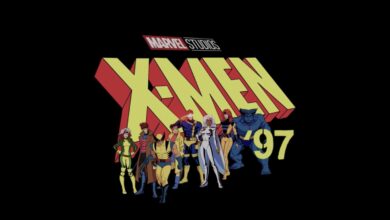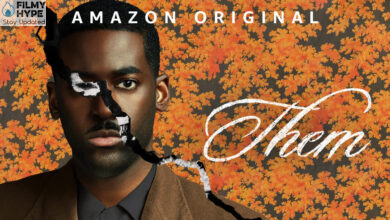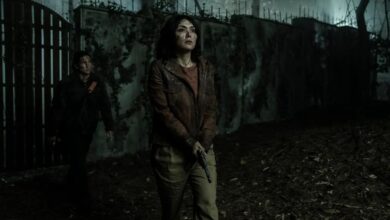The Last of Us Episode 2 Review: “Infected” A Fantastic Episode By Neil Druckmann
After surprising fans and onlookers with a simply sensational debut, the series focuses on the protagonists and their perilous journey
Cast: Pedro Pascal, Anna Torv, Bella Ramsey
Director: Neil Druckmann
Steaming Platform: HBO Max
Filmyhype.com Ratings: 4/5 (four stars)
After a huge viewership of The Last of Us Episode 1 which broke so many records on HBO Max. Now finally episode 2 landed on the platform. As demonstrated by the wave of reactions, comments, and reviews, the debut of The Last of Us has rocked the waters of the global television landscape and seems to have far exceeded even the wildest expectations of fans. A small phenomenon which, according to the first impressions, has made public and critics agree, receiving an almost unanimous consensus: the first episode of the series exclusively HBO Max was the second-best debut of HBO in the last 12 years, showcasing all the qualities of a very faithful and accurate story, but at the same time congenial to the television structure.
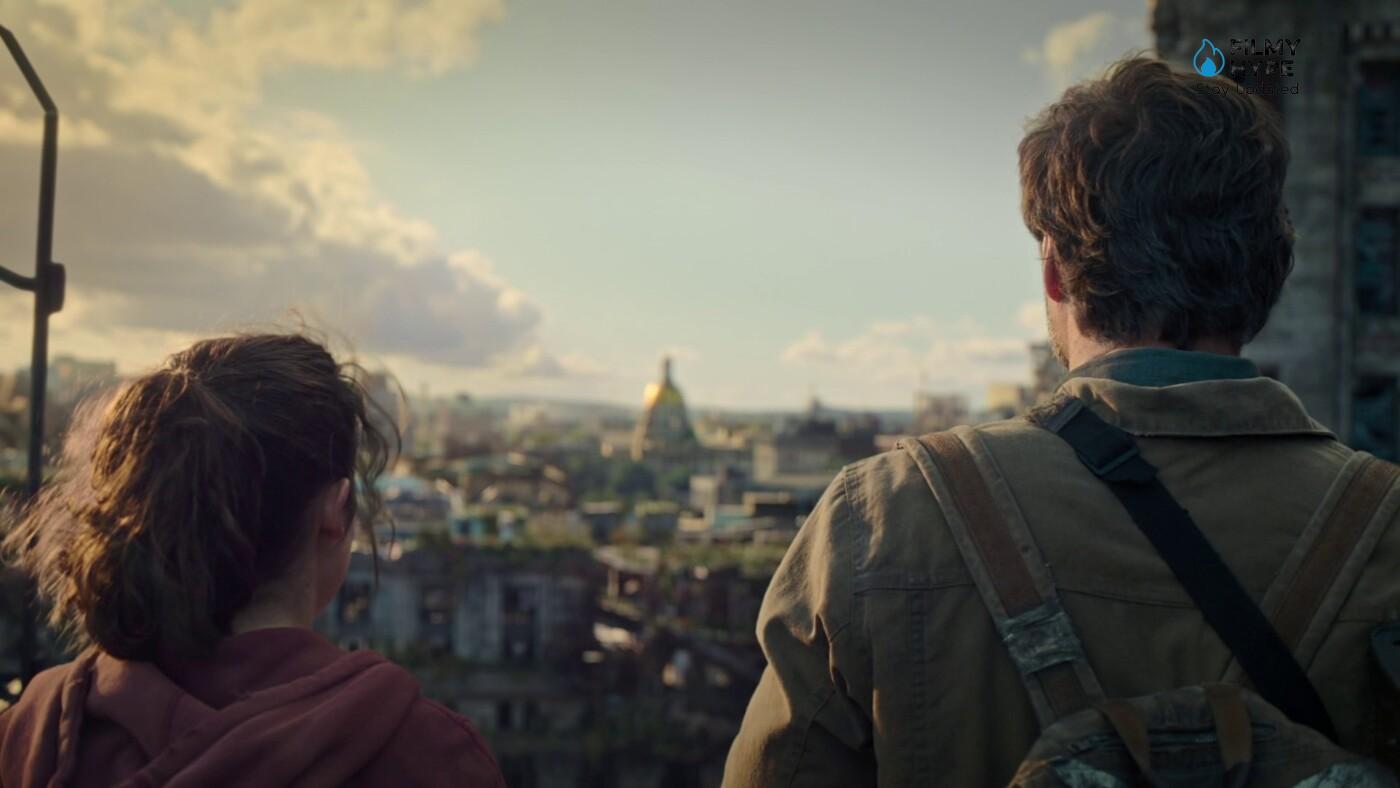
The first episode of The Last of Us has proved intriguing especially in its additions, showing the great interest with which, the creator of the work, Neil Druckmann, and showrunner Craig Mazin intend to explore or deepen the material at their disposal. These digressions have proved to be extremely useful and appropriate, offering the viewer a broader, cohesive and plausible look at both the context and the pandemic situation, without however diverting attention from the characters. After leaving the prologue and introductions behind, the second episode then allows itself ample space to present some crucial elements of the post-apocalyptic world and to deepen the character of the protagonists, creating the perfect mix of drama and tension to start this long journey in the best possible way.
The Last of Us Episode 2 Review: The Story Plot
Right from the start HBO has shown its intention to build an extremely realistic world, trying to get as close as possible to contexts that the viewer could perceive as plausible without straying excessively from the style of the video game. The first sequences of this episode show a further original insight into the pre-pandemic situation, then returning to follow Joel, Tess and Ellie on their journey west. In a Boston where oppression and desolation are more palpable than ever, every step of the protagonists represents a risk that should not be underestimated: amidst piles of rubble and deafening silence, even the slightest noise can prove fatal. While Joel and Tess try to figure out what to do with the girl, dispelling any doubts about her condition, the observer gets a first taste of the difficulties and surprises involved in venturing into completely inhospitable areas.
The desire to offer an introspective and profound experience is perceived both through the dialogues and through the immersive exploration of an environment with attention to the smallest details. Pausing each scene to keep the tension high, the sense of danger manages to emerge and strike with a disruptive power. If the walk and talk create the right atmosphere to allow you to get to know the protagonists in depth, the heart of the plot is closely linked to the breaking of the balance so meticulously created. In deepening its plots, The Last of Us also takes the risk of quoting the Chornobyl style, with the first scenes of the episodes shown so far that perfectly recall the method that made Mazin famous. The actual action is instead represented excellently, moving away without effort from the banalities typical of the genre. The crossing of the outdoor area, with important places such as the museum and the town hall, is the perfect setting for an episode that intends to place all the weight of the show on the cost and the environment.
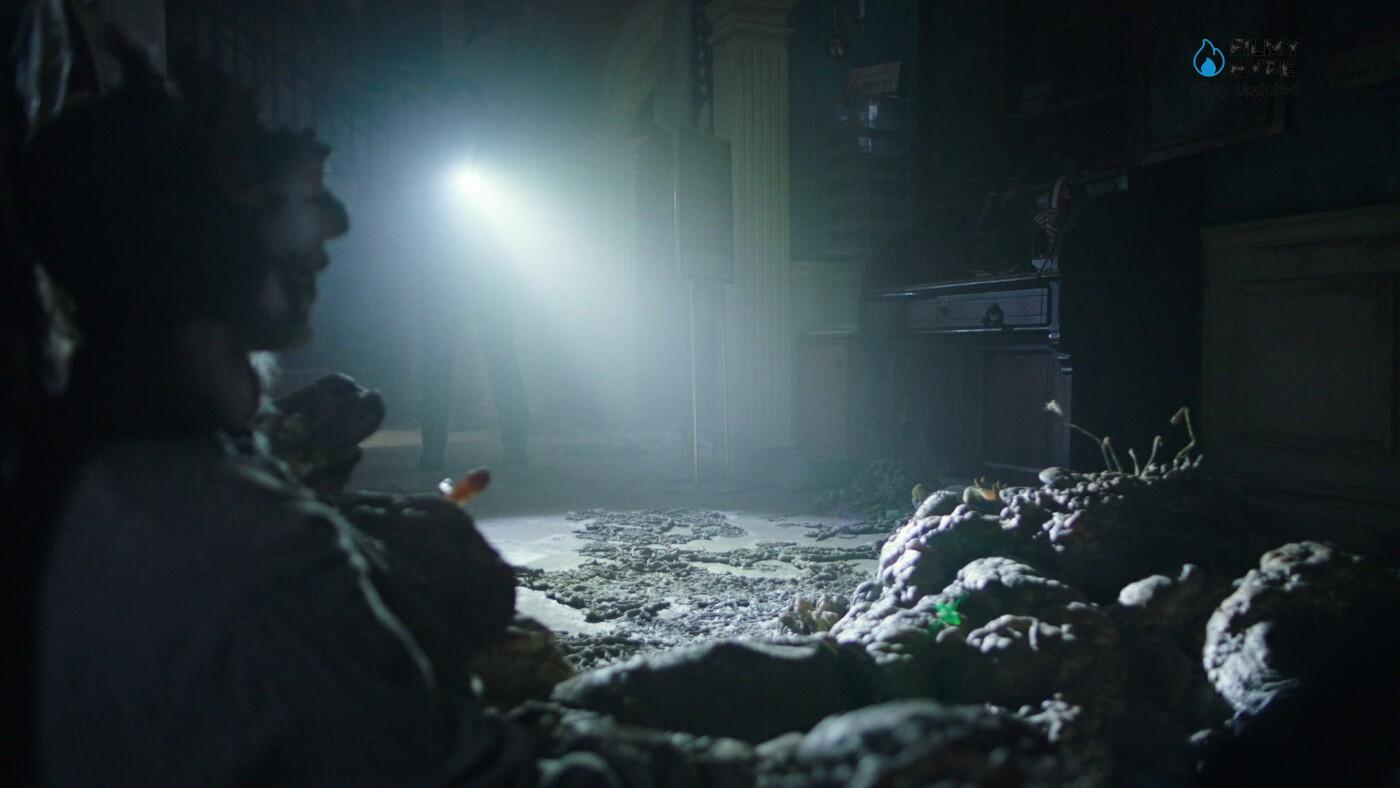
After a brief incipit that tells us about the outbreak of the epidemic, which originated in Indonesia, we return to the present. Joel (Pedro Pascal), Tess (Anna Torv), and Ellie (Bella Ramsey) have left the military compound and are looking for the group of “Luci” who will take the girl to the doctors who are experimenting with a vaccine. As we discovered in the first episode — and as Joel and Tess also realized — Ellie appears to be immune to the disease: she was bitten by an infected but didn’t turn into a bloodthirsty monster. Could she finally be the turning point for mankind? However, bringing the girl to the meeting point with the Lights is not an easy undertaking, the group will have to cross the ruins of the city of Boston, where collapsed buildings and – above all – groups of lurking infected, make the passage decidedly complicated. The “encounter” with the monsters is inevitable at this point, and the three will find themselves face to face with the terrifying creatures inside the remains of a museum.
The Last of Us Episode 2 Review and Analysis
This episode allows us to discover the world through the eyes of Ellie, who sees it for the first time. The nature that she has “eaten” the remains of civilization is, as we said, frightening but at the same time beautiful. Animals – and fungi – are the new masters of the planet, and we can’t help but wonder if the real disease for the Earth humans has been, now on the verge of extinction. It is in the first part of this episode that we get to know Ellie better, amazed and euphoric at the sight of reality hitherto unknown. It is not a question of a revolutionary – as is the “Lights” who brought her out of Boston – guided by the need to save mankind, to find a cure and to restore democracy, but a fourteen-year-old driven by the desire to adventure and the need for discovery – sometimes too contemptuous of risk – typical of that moment of life.
A sense of wonder and beauty that makes the moment of the first real encounter with the infected even more unsettling. Which does not happen outside – in nature – but in the darkness of an absolutely “human” building, a museum of American history. The atmosphere therefore suddenly becomes decidedly darker, similar to those of the horror films to which the zombie movie sub-genre belongs. Excited and extremely tense sequences, in which the lives of the protagonists hang by the razor’s edge. This first clash with the infected is essential to understand the extent of the danger with which our characters will be forced to contend: the sick are blind creatures but with a highly developed sense of hearing, they are connected like creatures of a “swarm ”, linked by the coils of the mushrooms that created them and that gave birth to a very sophisticated communication system. If one is killed dozens of other monsters may be alerted, even miles away. Joel and Tess’ survival skills are therefore crucial in this deadly outside world, but the threat of the infected is something that will test them too.
Among the most significant scenes of the episode, there is undoubtedly the final one, in which Joel and Tess clash over whether or not Ellie can lead to the discovery of a cure. Joel is disillusioned, embittered, and convinced that there is no more salvation. Tess, on the other hand, even after everything she’s been through, clings to the dream that there is still hope for mankind, that for them – after all the mistakes and horrors they have made – there is still the possibility of redemption. And it is here that the story of The Last of Us shows its true beauty, teaching us how hope is a disease much more infectious than any other disease: even twenty years after the apocalypse, even when all seems lost and forgotten, c ‘is who decides to risk the little he has left to change things.
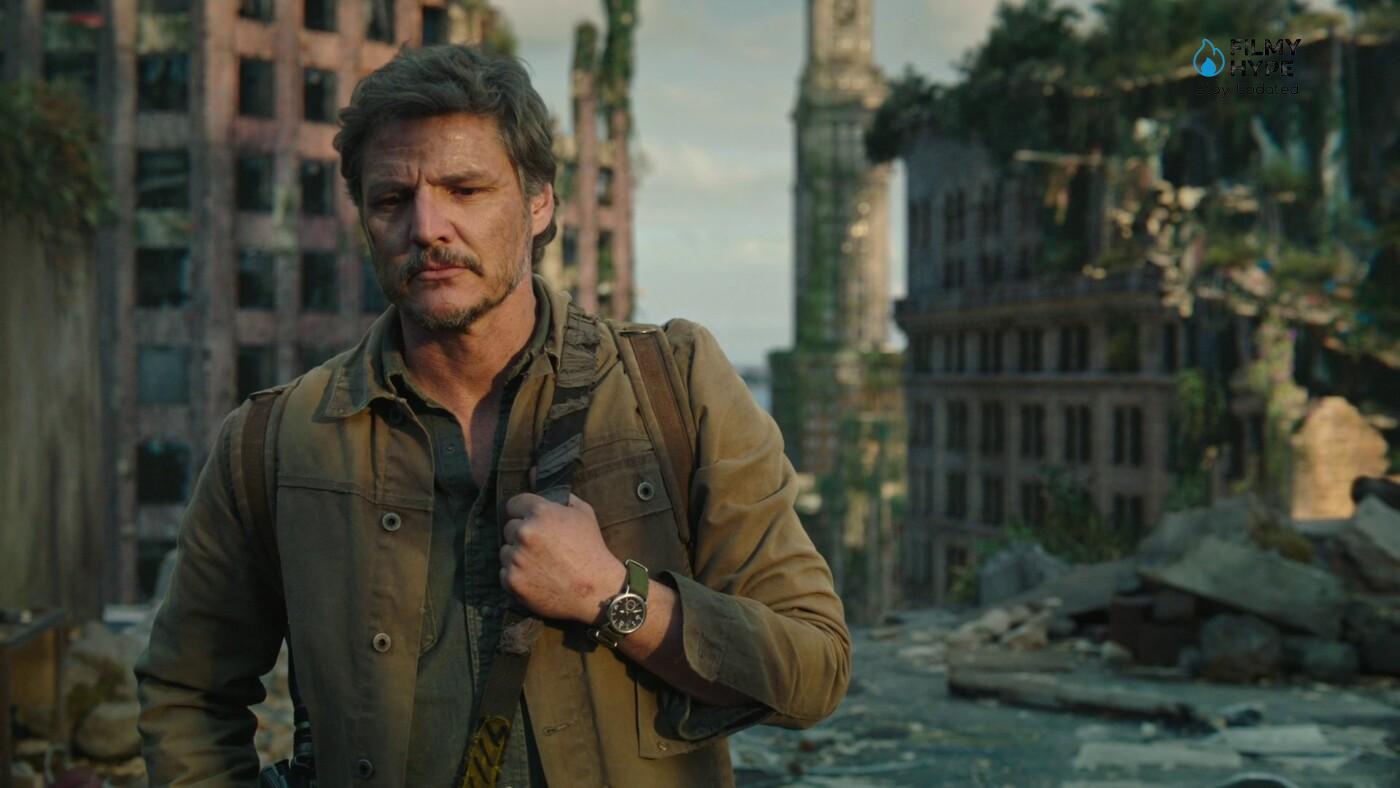
Although the episode is shorter than the first, the narrative density does not fail; on the contrary, the show acquires a different flavor, catapulting the viewer into a present that must necessarily take place. From its first steps, the journey acquires many of the typical canons of the epic without however appearing cloying or wordy. Druckmann wisely strikes with the emotionality of his characters, leaving room for remorse and horror with an enviable delicacy and subtlety. The Last of Us series succeeds in the difficult attempt to give voice to decadence, which speaks to the viewer and makes him a participant in a world where difficult choices are the order of the day.
The show challenges viewers to question their understanding of justice and morals, looking at horror in a different light than just the struggle between survivors and mutants. By placing each element under the magnifying glass, it is clear that the series intends to offer a crescendo in almost every aspect of its production. The environmental care, emphasized by a sound design up to the situation, perhaps shows less creative drive than expected, but the general caliber of The Last of Us pushes beyond the gaps in terms of sheer originality. The dynamic dramatization caresses life stories distorted by trauma with poetic accuracy and navigates the conscience of the characters in such a heartfelt way as to make up for any deficiencies in the exposition phase.
Even more, than in the first episode directed by Mazin, Druckmann’s imprint becomes tangible here in lovingly dedicating himself to his creature, cuddling and cuddling in his shattered world before officially opening the doors to the main narrative. While not dealing with anything exceptionally unique in its genre, the maniacal care for the staging and the high quality of all aspects of the production will be able to make the fortunes of The Last of Us in the eyes of the general public. We’re confident that as the show continues to tell its own story, fans too will come to understand the intrinsic nature of a wonderfully self-contained work that can stand on its own two feet – taking all the risks involved. As long as the level of drama and internal coherence remains at similar levels, not giving in to opportunism but also changing markedly to reach a different maturity, we do not doubt that the series will proceed on the right track.
The Last of Us Episode 2 Review: The Last Words
The Last of Us Episode 2 takes us to the outside world, which we discover through the amazed eyes of Ellie. In addition to a luxuriant nature, we find the infected waiting for us, who finally show themselves in all their horror. Providing more detail on both the Cordyceps outbreak and character traits presented in its first episode, the HBO series The Last of Us confirms that Craig Mazin and Neil Druckmann intend to make their mark in this TV season. Drawing heavily on world-class production potential and a sensational cast at their disposal, the first steps of Joel and Ellie’s journey move confidently in the right direction.



